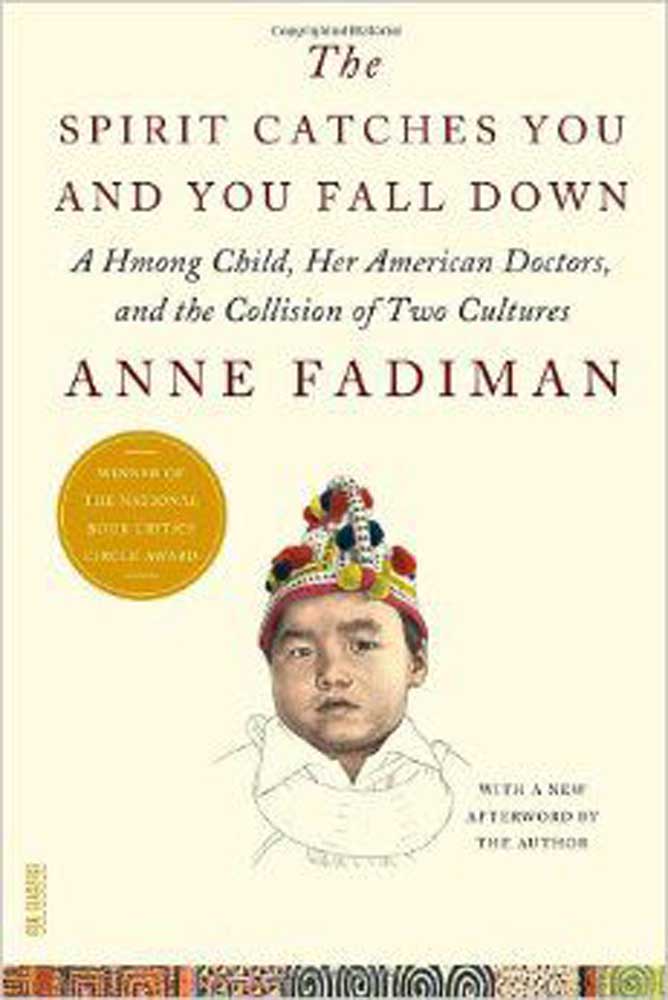What We’re Reading
Published 12:00 am Saturday, October 18, 2014

- What We’re Reading
Now that the curtain has closed on summer, all book groups are up and meeting again. They are reading a great variety of books, both fiction and nonfiction, new and classic.
The first Author! Author!, featuring Jess Walter of “Beautiful Ruins” fame, was a thoroughly enjoyable evening listening to this Spokane native, who entertained the audience with his delightful wit. Having not read any of his books, I am eager to immerse myself in his work.
Trending
“Boys in the Boat” by Daniel James Brown
Pine Meadow Readers
Although Jesse Owens stole the spotlight with his four gold medals at the 1936 Olympics in Nazi Germany, a less well-known victory at those games is illuminated in Daniel James Brown’s 2013 true story of sacrifice and relentless effort by a rag-tag group of young men from “foggy coastal villages, damp dairy farms, and smoky lumber towns, all over the state” to win the gold medal in crew racing. Centering the story on Joe Rantz, a Pacific Northwest boy who was abandoned as a child, Brown paints a vivid picture of the socioeconomic landscape of 1930s America. PMR enjoyed Brown’s account of the remarkable eight-oar crew team from the University of Washington who defeated not only the Ivy League colleges and Great Britain but, most importantly, the German team rowing for Adolf Hitler. PMR discussed how Brown highlighted the importance of working together to accomplish an improbable shared goal.
“The Circle” by Dave Eggers
Redmond Couples Book Group
National Book Award finalist Dave Eggers’s newest novel was enjoyed by the RCBG, who had a lengthy discussion about the effect of social media and the role of privacy in our lives. The title refers to the world’s most powerful Internet company, where Mae Holland is hired, feeling she’s been given the opportunity of a lifetime. Located on a large California campus, the Circle connects users’ personal emails, social media, banking, and purchasing with their universal operating system, resulting in one online identity and giving rise to a new age of civility and transparency. What begins as the story of Mae’s ambition and idealism soon becomes a suspenseful novel that raises questions about history, privacy, memory, democracy and the limits of human knowledge. Although the RCBG has read other Eggers books they considered to be better than this one, they did enjoy the discussion about how technology is changing and impacting our lives.
Trending
“The Spirit Catches You and You Fall Down” by Ann Fadiman
Chapter Chicks
The CC found this an intriguing book, well worth reading and discussing. Winner of the National Book Critics Circle Award for Nonfiction in 1998, Ann Fadiman’s story of young Lia Lee explores a clash between the Hmong culture and Western medicine, in which no one wins. Lia, living in Merced, California with her Laotian immigrant parents, is diagnosed as having epilepsy, with seizures caused by the misfiring of neurons in her brain. To alleviate the seizures the doctors prescribe anticonvulsant medication. Her parents call her condition qaug dab peg — the spirit catches you and you fall down — and believe the wandering of her soul causes her affliction. They prefer animal sacrifices as the appropriate treatment, as practiced in the Hmong culture. What ensues is a tragic case of cultural miscommunication and misunderstanding. The CC enjoyed a rich discussion of topics including what makes a good doctor and good parents. They also questioned whether better communication would have changed the medical outcome and what did the U.S. owe the Hmong for their service in Laos during the CIA-run “Quiet War.”
“The Grapes of Wrath” by John Steinbeck
Paulina Springs Book Club
Every six months, the PSBC chooses to read a classic. Since it was the 75th anniversary of Steinbeck’s epic Pulitzer Prize-winning story of the Joad family, caught in the Great Depression-era poverty of the Oklahoma Dust Bowl, the group chose to explore the 1930s world of poverty and dispossession played out in the lives of migrant workers who never lost their human dignity. Discussion centered around the number of similarities between the conditions of the poor when Steinbeck wrote the book and the conditions today. They concluded it is disheartening to see how little has changed for the poor in the U.S.








